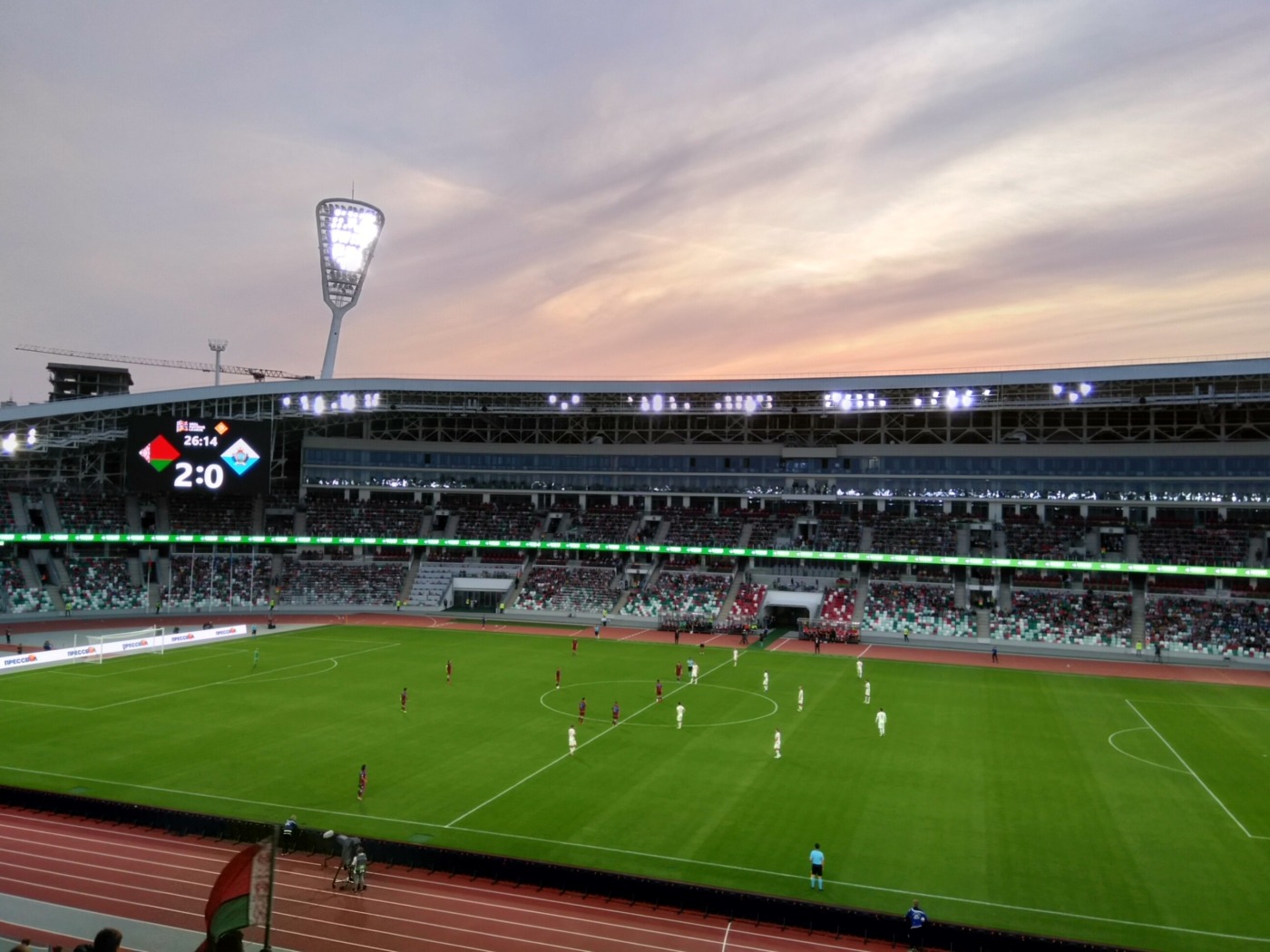The UEFA Nations League adds needed value to international football
Despite being three games in to UEFA’s latest international football venture, the Nations League, few people really understand how it works. Yet, despite the complexity of the new format, the Nations League is a welcome reinvigoration to the previously mundane international football scene.
The new European competition, approved by Europe’s governing football body back in December 2014, aims to replace many of the ‘friendly’ fixtures with more meaningful international football games.
Mid-season international football has long been in decline, serving as an unwanted distraction
The group stage involves Europe’s 55 nations split into four leagues, based on their ranking; the highest-ranking countries in League A and the weakest countries in League D. Each division is itself split into smaller groups. England are one of 12 countries in League A, in Group 4 alongside Croatia and Spain. The winners of League’s A’s four groups go through to the semi-finals, while those who finish bottom of their group will be relegated to League B.
Mid-season international football has long been in decline, serving as an unwanted distraction from club football. The break in the domestic fixture list has come to be a particularly unwelcome sight for English football fans, with a dead-rubber England match against an international minnow such as San Marino having next to no appeal, serving merely as the start of the one-week countdown until Premier League and Championship football returns.
The introduction of the Nations League has therefore been not just a welcome addition, but a necessary restoration of international football, and judging by the evidence of the September and October international breaks, it appears to have succeeded in this respect. In addition to playing out a behind-closed-doors 0-0 draw in Croatia, which was far from an uncompetitive game in itself, England and Spain produced two exciting and competitive fixtures, with the Three Lions losing 1-2 at Wembley in September before stunning the Spaniards with a 2-3 victory in Seville. While it would be naïve to suggest international football outside of European Championships and World Cups can compete in terms of interest and excitement with English club football, the Nations League certainly seems to be narrowing the gap between the two.
The UEFA Nations League now presents a genuine chance for the minnows of international football to achieve qualification for a major tournament
As with any other disruption to the football status quo, the introduction of the Nations League has faced its fair share of criticism, not only due to its exceptionally complicated format, but also with regards to its potentially detrimental effect on individual players. While international breaks have long provided a much-needed break for players after an intense run of club fixtures, critics of the Nations League contend the new format may disrupt this. Liverpool boss Jurgen Klopp went so far as branding UEFA’s new contest as “the most senseless competition in the world”, comparing it to world heavyweight champion Anthony Joshua having to box “every second night”. Although Europe’s footballers are not playing more football matches, with Nations League fixtures simply replacing worthless international friendlies, they are playing more matches of consequence, significantly increasing the demand on players. While Klopp may have previously succeeded when contacting the manager of a national team to request one or two of his Liverpool players be excused from international duty, the added pressure following the creation of the Nations League has made national coaches far less inclined to adhere to such requests. Conflicts between club and national managers may become more apparent as the Nations League plays out.
While the focus is unsurprisingly centred on the Nations League’s effect on Europe’s top nations, the impact on the ‘lower leagues’ of international football serves a further reminder of why UEFA’s latest major initiative should be embraced. The chances of inferior footballing nations such as Luxembourg and Gibraltar succeeding in traditional qualifying have long been non-existent. Instead, the UEFA Nations League now presents a genuine chance for the minnows of international football to achieve qualification for a major tournament. The teams that finish top of each of the four groups in League D, the bottom tier of the Nations League, will play off against one another for a spot at Euro 2020, meaning at least one of the 16 lowest-ranked teams in Europe will compete at the next major tournament. Kosovo, Azerbaijan, Macedonia, Armenia, Lichtenstein and Gibraltar all go into the final two rounds of the Nations League group stage in November with a genuine chance of topping their groups, thereby qualifying for the play-offs. Gibraltar’s 1-0 victory over Armenia and 2-1 win over Lichtenstein were only the first and second competitive wins in the country’s history, demonstrating the Nations League’s new breath of life into the ‘lower leagues’ of international football.

Comments
Comments are closed here.